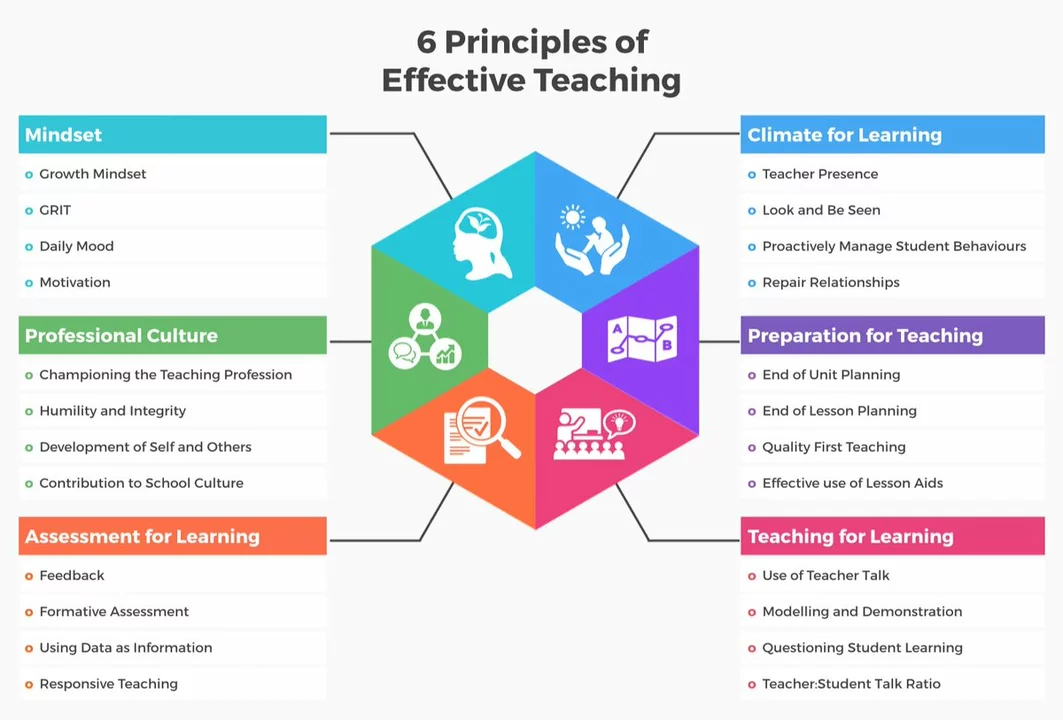Cognitive factors: what affects your memory, focus and thinking
Ever had a day when you can't focus no matter how hard you try? That's your brain reacting to real, changeable factors. Cognitive factors are the things that push your thinking up or drag it down — sleep, stress, medication, illness, nutrition and how much you move. Knowing the main drivers helps you fix them faster.
Main cognitive factors you can change
Sleep. Missed or poor sleep hurts attention, memory and decision-making the next day. Aim for consistent sleep times and a wind-down routine. Even one nap or a short screen break can reset focus.
Stress and mood. High stress and untreated anxiety or depression steal mental energy. Try small stress tools first: a 10-minute walk, breathing for two minutes, or listing three small tasks you can finish now. If mood problems persist, talk to a health professional.
Medications. Some drugs make you foggy. Common culprits include sedating antihistamines, certain sleep aids, some pain meds and older anticholinergic drugs. If you feel drowsy, ask your prescriber if a safer alternative exists or whether the dose can change.
Chronic health issues. Conditions like thyroid problems, diabetes, sleep apnea and dehydration affect thinking. Managing these conditions often improves memory and attention. Regular checkups and simple tests (blood sugar, thyroid, B12) can uncover fixable causes.
Diet and hydration. Your brain likes steady fuel. Low iron or B12, poor protein intake, or not drinking water can all lower cognitive performance. Focus on balanced meals, regular water, and a vitamin check if you have persistent brain fog.
Exercise and brain use. Moving boosts blood flow and mood. Even short brisk walks help clear your head. Mental challenges — reading, learning a skill, doing puzzles — keep neural pathways active. Combine both for the best effect.
Practical steps you can try today
Keep a simple log for a week: sleep hours, mood, major meds, and one attention score (out of 5) each evening. Patterns often jump out — poor sleep, a new pill, or skipped meals.
Change one thing at a time. Improve sleep first for two weeks. If fog lifts, you know the cause. If not, swap a medication only with your doctor's okay. Small wins add up fast.
Use short focus blocks. Work for 25 minutes, rest for 5. Repeat. Use a physical timer and remove phone notifications while you focus. Your brain responds better to clear start/stop signals.
Limit alcohol and avoid mixing sedatives. Both can worsen memory and slow thinking. If you're unsure about drug interactions, bring a full meds list to your clinician or pharmacist.
When to get help: sudden confusion, new memory loss that affects daily life, or worry that medications cause major side effects. These are signs to contact a doctor promptly.
Fixing cognitive issues usually starts with small, concrete steps: sleep, water, movement, check meds, and a health check. Tackle one area and you may notice your focus return faster than you expect.

